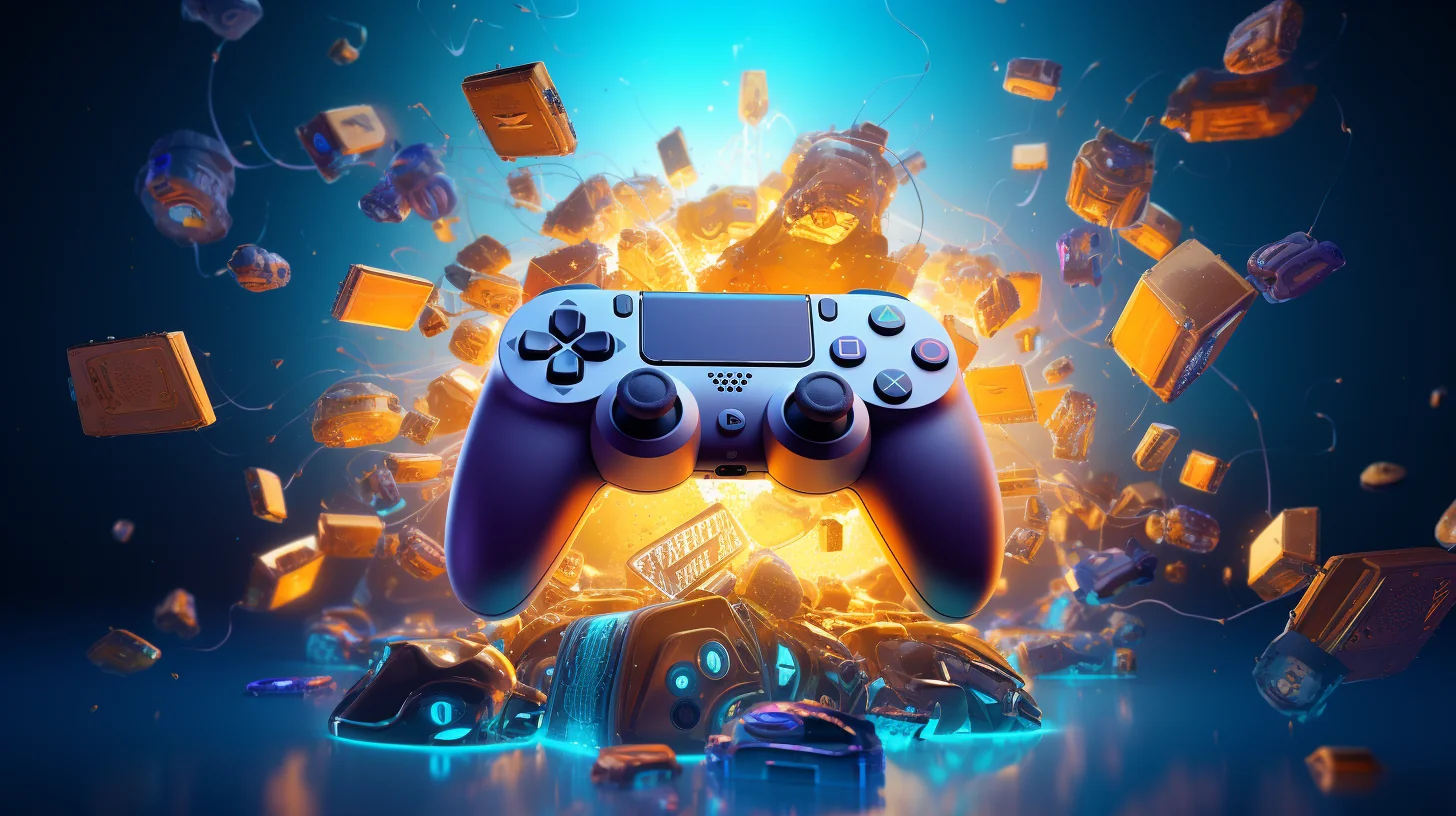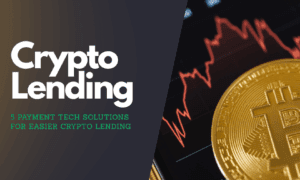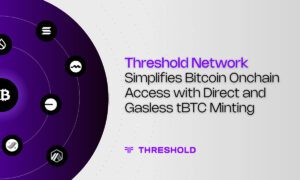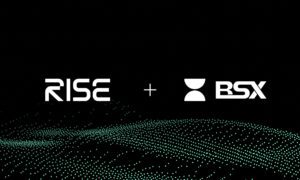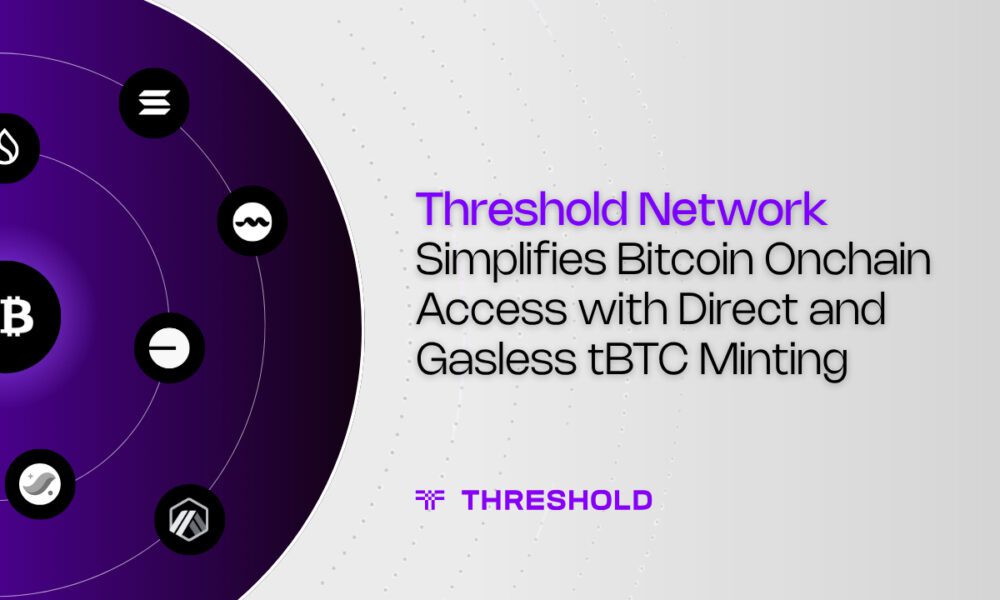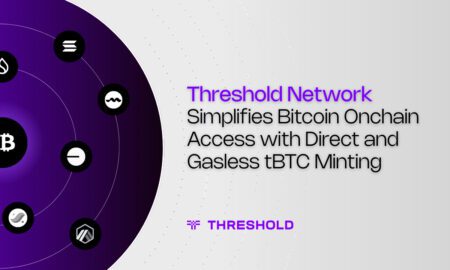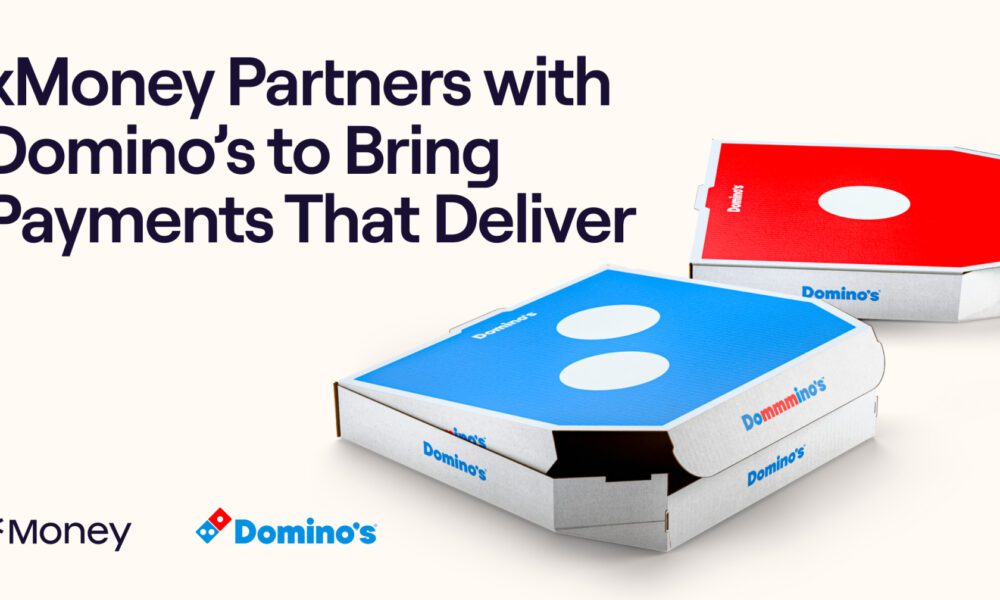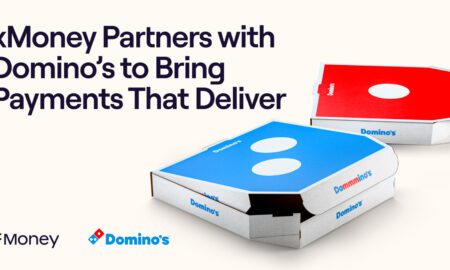Unity game development and blockchain technology are opening new opportunities in gaming. Web3 games made with Unity have shown that blockchain games can be high-quality and fun. These games offer players ownership, decentralization, and earning chances, which are key features of the Web3 gaming trend.
Unity is one of the most popular game engines in the world. Over 70% of mobile games and many games on PC and consoles are developed through this game engine. With new blockchain tools, it has become easier for a Web3 game development company to reach many players. This article explains why Web3 games made with Unity may shape the future of gaming.
Unity’s Technical Advantages for Web3 Gaming
Unity’s infrastructure offers Web3 developers proven tools for blockchain game development, enabling seamless wallet, smart contract, and NFT integration without sacrificing performance or user experience.
Cross-Platform Deployment Excellence
Unity’s approach allows single-code development across mobile, PC, console, and WebGL, reducing costs and expanding audiences. Mobile accessibility is crucial for Web3 gaming’s growth, especially in developing markets where mobile devices are primary gaming platforms and play-to-earn offers income.
- Unity enables cross-platform Web3 game development, reducing costs.
- Targets mobile, PC, console, and WebGL from a single codebase.
- Mobile accessibility drives global expansion, especially in developing markets.
- Unity’s optimization ensures blockchain games reach a broad audience.
Performance Optimization
Blockchain can cause performance issues from wallet connections, signing transactions, and smart contract calls. Unity’s optimized architecture maintains smooth gameplay during blockchain activities. Its asset management, rendering, and memory handling ensure Web3 games match traditional games’ performance, vital for multiplayer experiences.
- Blockchain adds performance overhead.
- Unity’s optimizations keep gameplay smooth.
- Asset, rendering, and memory management ensure high performance.
- Web3 games match traditional game performance.
Specialized Web3 SDKs Bridging Blockchain and Gaming
Several specialized SDKs have emerged specifically addressing Unity developers’ Web3 integration needs, dramatically lowering barriers to blockchain game development.
Moralis Unity SDK
Moralis provides blockchain features through simple API calls, enabling game developers to handle authentication, wallet connectivity, NFT queries, and smart contract interactions without deep blockchain knowledge. Its abstraction layers allow focus on gameplay while Moralis manages blockchain complexity, accelerating development and reducing risk.
Thirdweb Unity SDK
Thirdweb provides ready-made smart contracts and Unity tools for quick Web3 features. Developers can deploy secure, tested contracts for NFTs, marketplaces, and tokens without coding in Solidity, then connect them to Unity games using simple C# interfaces. This reduces security risks and costs while keeping customization options open.
ChainSafe Unity SDK
ChainSafe offers low-level blockchain access for developers needing detailed control over blockchain interactions. Support for multiple chains, including Ethereum, Polygon, and emerging gaming-focused blockchains, provides developers with flexibility to choose the best networks for their specific games.
Enjin Unity SDK
Enjin’s SDK specializes in NFT integration, providing streamlined tools for creating, managing, and trading in-game items as blockchain assets. Its proven success in many games and extensive documentation support developers during implementation.
Mainstream Game Quality Meets Blockchain Benefits
Unity’s professional-grade tools enable Web3 games to achieve visual fidelity and gameplay polish comparable to traditional AAA productions, disproving the idea that blockchain games need to make graphical or mechanical compromises.
Advanced Graphics Capabilities
Unity’s URP and HDRP offer high-quality visuals similar to Unreal Engine. Web3 games use these to create immersive worlds, realistic characters, and effects that players expect today. For example, Illuvium shows Unity’s graphics skills in blockchain games, with open worlds and creature designs that look good and work with Web3.
Sophisticated Game Systems
Unity is a powerful game engine that supports complex features like AI, physics, particles, and sound. Web3 games made with Unity are not just simple; they include blockchain elements that make gameplay more interesting. The engine’s design allows developers to add blockchain features easily into their games without complicated changes.
Economic Sustainability Through Proven Frameworks
Unity SDKs help build stable Web3 games by fixing the money problems that sank early play-to-earn games. They support complex economies with different tokens, rewards, and measures to prevent inflation. Developers can keep these economies balanced over time, even as players change. Built-in analytics let developers track and adjust the economy in real time to keep it healthy.
Fair Monetization Models
Unity’s flexible system allows different ways to make money, whether players pay or play for free. Games can include optional NFT buys, battle passes, and skins, while still being fun and fair for everyone. This creates a steady income without unfair advantages.
Developer Accessibility and Ecosystem Support
Unity has a big community and many resources that make Web3 game development easier for all game studios.
Extensive Documentation and Tutorials
Clear docs for Unity and Web3 help developers learn faster. Tutorials, videos, and samples show how to connect to the blockchain easily.
Active Community Support
Unity’s large developer community offers support through forums, Discord servers, and social media groups. Web3-focused communities within the larger Unity ecosystem provide expert knowledge about blockchain integration challenges and solutions.
Asset Store Resources
Unity’s Asset Store has many tools for Web3 games, like wallet apps and NFT templates. These help you develop faster and cheaper.
Real-World Success Stories
Multiple successful Web3 games built with Unity prove this technology combo’s viability for commercial gaming.
- Axie Infinity demonstrated Unity’s ability to support large player populations with complex breeding mechanics, competitive battles, and sustainable play-to-earn economics. The game attracted millions worldwide.
- The Sandbox used Unity for its metaverse development tools. It allowed user-generated content and virtual real estate systems that supported a vibrant creator economy.
- Gods Unchained proved Unity-powered blockchain games can compete in quality with traditional trading card games. The game offered genuine ownership and competitive earning opportunities.
These achievements show that developing with Unity Web3 is not just experimental; it has been proven to be commercially viable on a large scale.
Addressing Common Challenges
Unity SDKs tackle the primary obstacles that previously prevented mainstream Web3 gaming adoption.
Simplified Onboarding
Modern SDKs make wallet setup and signing simple for gamers. Features like social login, gasless transactions, and custodial wallets reduce hassle while keeping blockchain benefits.
Security Implementation
Pre-audited smart contract templates and security best practices help avoid mistakes that led to big losses in early blockchain games. Unity developers can use these secure patterns without needing to be blockchain experts.
Regulatory Compliance
SDKs now have tools to help developers follow rules for tokens, NFTs, and gaming laws in different countries.
The Future Trajectory
As 2025 progresses, Unity’s position in Web3 gaming will strengthen through several emerging trends.
AI Integration
Unity’s AI and Web3 tools can create custom game content, personalized experiences, and smart NPCs using blockchain data.
Improved Blockchain Performance
Layer 2 and gaming blockchains make transactions faster and cheaper. Unity SDKs hide the complex details, helping developers choose the best chain for their needs.
Mainstream Studio Adoption
Big game companies are trying Web3 gaming with Unity because it’s familiar and works well. This will help Web3 gaming become popular.
Enhanced Interoperability
New rules for sharing game assets will let Unity games use the same NFTs and money systems, building bigger metaverse worlds.
Conclusion
Web3 games made with Unity SDKs show that blockchain gaming is becoming more mainstream. Unity’s development tools, ability to run on many devices, a large community, and Web3 SDKs make it easier to create blockchain games like regular games.
In 2024 and 2025, many games show that combining this technology gives good gameplay and sustainable Web3 economics. As tools improve and more developers use Unity’s Web3 features, the line between traditional and blockchain games will blur. Eventually, there will just be good games that include ownership, clear economies, and community control.
Unity SDKs are the easiest and most proven way for developers to make Web3 games. Unity is shaping the future of gaming with blockchain, and there are many growing opportunities for developers, especially in the area of Unity game development.

